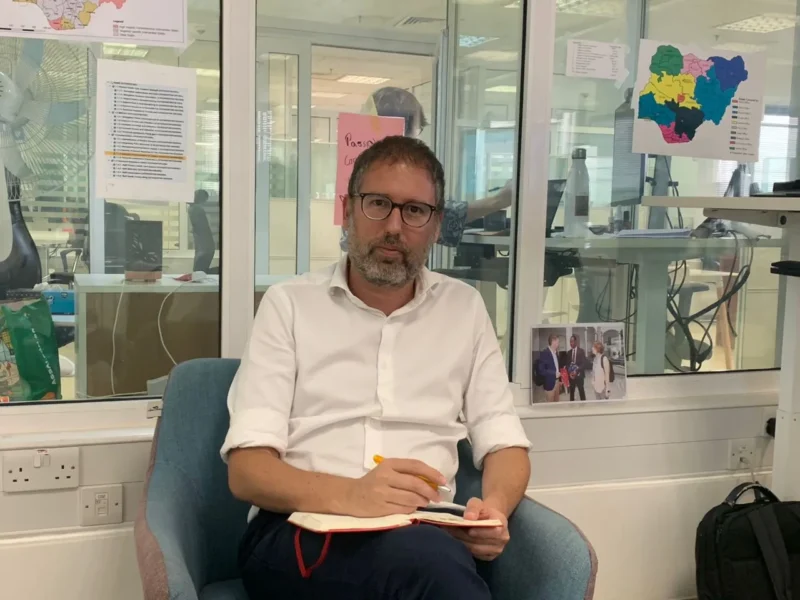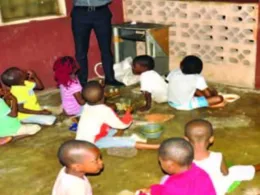Mpox Vaccine shortages, logistical challenges, and a focus on high-risk groups leave children vulnerable to Mpox outbreak.
The ongoing Mpox outbreak in Nigeria has left many concerned, especially about the unavailability of vaccines for vulnerable groups, particularly children. According to UNICEF’s health chief, Nigeria is currently facing significant challenges in making the Mpox vaccine available to children. The reasons behind this are not only complex but also indicative of larger global health issues that affect vaccine distribution, prioritization, and access.
Despite Nigeria being one of the countries heavily impacted by Mpox, vaccines are currently being distributed to high-risk groups, including health workers and those in close contact with confirmed cases, leaving children, a particularly vulnerable demographic, without immediate access to vaccines.
The health chief emphasized that while the new strain of Mpox presents a severe risk to children, the global shortage of vaccines has made it difficult to ensure widespread immunization for this group.
UNICEF’s regional director has also highlighted that the Mpox vaccine stockpile is still extremely limited. “The new strain of Mpox is a serious threat to vulnerable children and families. Aside from an immediate life-saving response, risk communication efforts and cross-border collaboration are necessary to protect these groups,” she explained, stressing the urgent need for a better-coordinated global response.
This has meant that priority is being given to high-risk adults who are more likely to be directly exposed to the virus, especially healthcare workers who are on the front lines of the fight against Mpox.
In Nigeria, there is currently no structured vaccine campaign for children against Mpox, a decision that is rooted in the scarcity of doses globally. UNICEF, in partnership with the World Health Organization (WHO), has been working to ensure that the limited doses of the Jynneos (MVA) vaccine are administered to high-risk individuals in Nigeria.
Since Mpox primarily spreads through close contact, targeting those most at risk has become the immediate focus of the public health strategy, which unfortunately excludes children from the vaccination priority list for now.
Health authorities have been working closely with international partners to address the issue, but the current focus remains on the most exposed and vulnerable adults. Children, although at risk, are not yet part of the immediate vaccination efforts, and that reality has left many families concerned. Parents worry about their children’s exposure, especially in areas where the virus is rapidly spreading, and they feel that more should be done to protect the younger population.
Moreover, the lack of Mpox vaccines for children has raised concerns among healthcare professionals in Nigeria about the potential for outbreaks in schools and other child-centered environments.
Children are particularly vulnerable because they are often in close contact with one another in schools and playgrounds, increasing the likelihood of the virus spreading in those environments. Without vaccination, experts fear that these areas could become hotspots for new cases.
UNICEF’s health chief has reiterated the need for increased global support to help countries like Nigeria access more vaccines. “We need more investments in overall health system strengthening, continuity of essential services, and a targeted focus on programs that support overall child well-being,” he emphasized.
The international community, including vaccine manufacturers, has been urged to ramp up production and distribution efforts. A large part of the problem lies in the fact that the vaccine doses are being used to contain outbreaks in Europe and the Americas, leaving African nations like Nigeria with insufficient supplies. This global imbalance in vaccine distribution is exacerbating the situation in countries where the virus continues to spread unchecked.










Join our Channel...